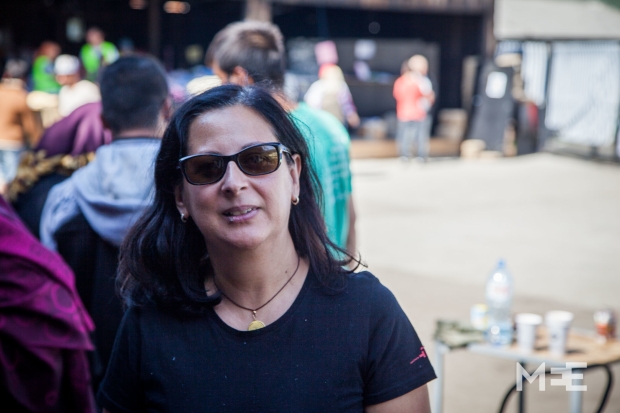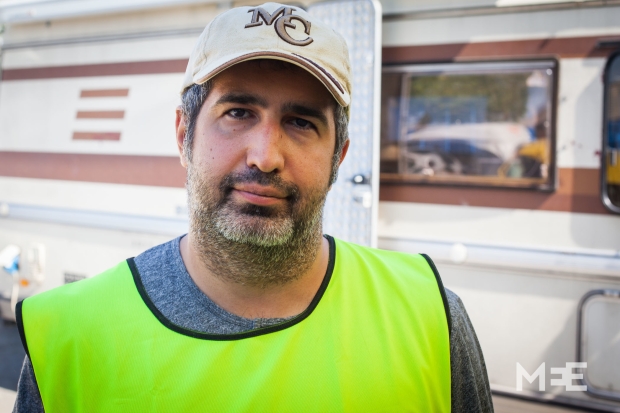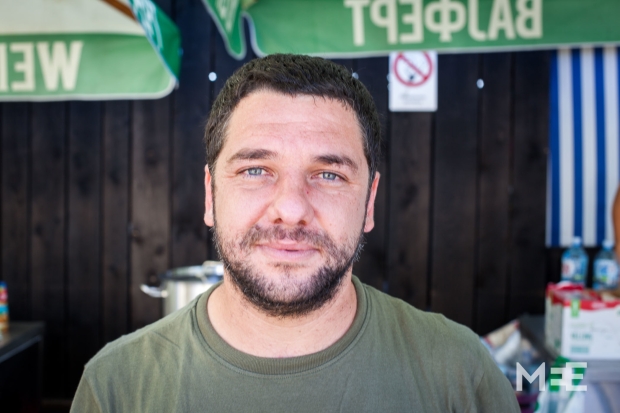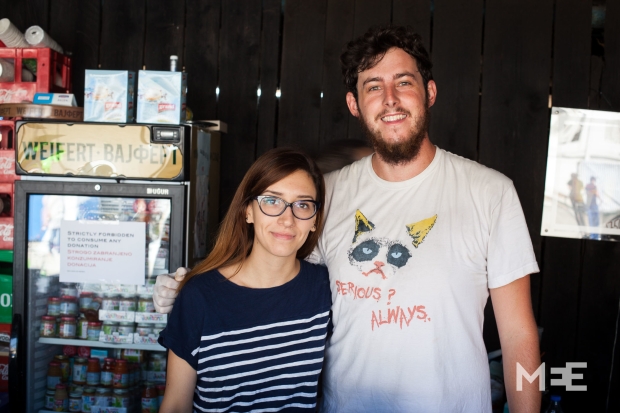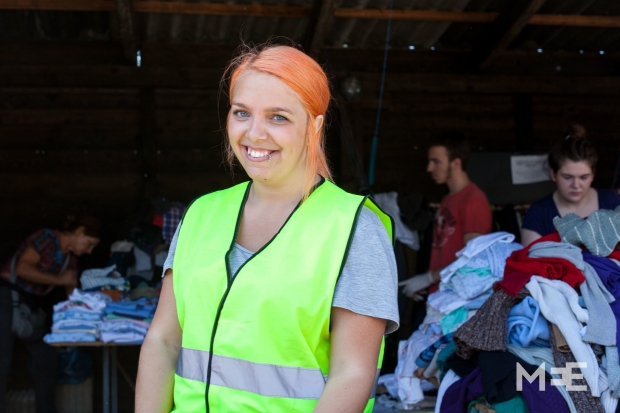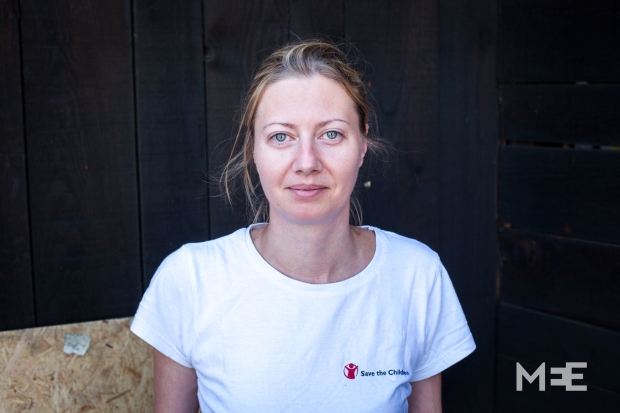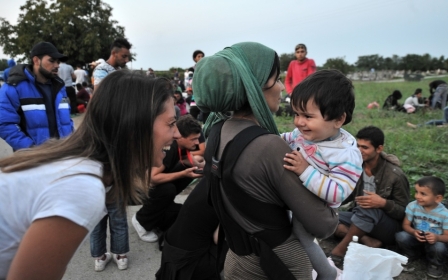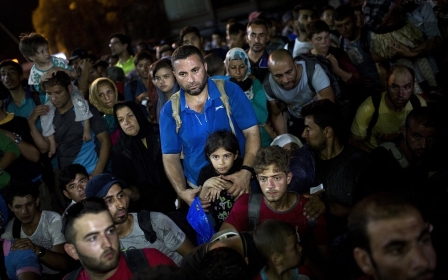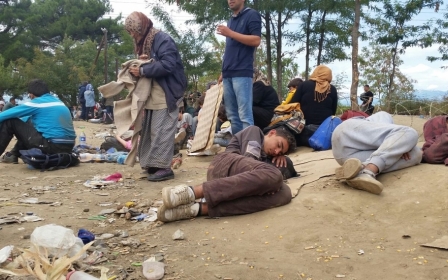Meet the volunteers of Belgrade helping to care for refugees in Serbia
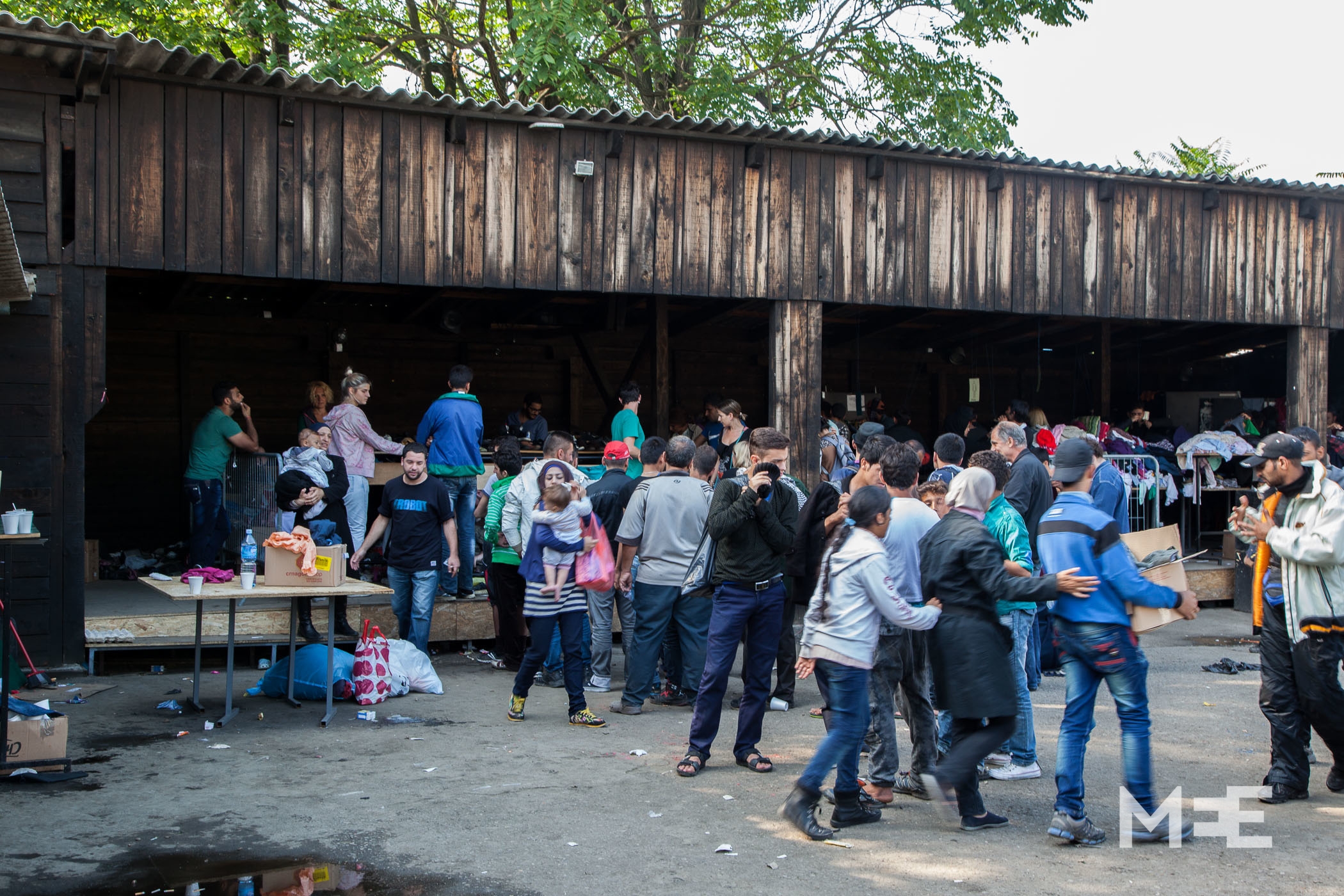
Throughout the summer of 2015, tens of thousands of refugees and migrants have been streaming across Europe. The majority are Syrians escaping the nearly five-year civil war that has ravaged their country and the squalid conditions in refugee camps in neighbouring Turkey, Lebanon and Jordan. The most popular route through Europe runs through Belgrade, on the way to the Hungarian border.
When the city’s government said it wouldn’t be providing aid to the new arrivals as they were only “passing through,” local groups decided to step in. A coalition of nine local NGOs, groups and charities formed Refugee Aid Serbia (RAS) in August to mobilise local support. They set up the vibrant aid centre of Miksaliste, around the corner from the public parks where hundreds were sleeping in the open.
Since then, RAS has received overwhelming support from both local residents – who are donating clothes, food and supplies by the box load – as well as donors from all over Europe. Local companies have been contributing services and goods to keep RAS stocked with supplies.
Groups of volunteers arrive daily from Sweden, Croatia and elsewhere. Since its founding, RAS has received volunteers from 40 countries. This is the story of some of those volunteers - local and international - who decided to make a difference.
Lissette Menendez
I came to help because a month or so ago I passed by the park and there were two tents. Then I passed again a few days later and there were 10. Then I saw on TV what the situation was like on the border and thought, “I need to come and help.”
It is all much more organised now. Today there are not too many people, but it’s been really busy this week. We had a plan in place, but we didn’t really know what to expect. We’re improving things little by little. Now, finally, we have a clinic permanently here, and there are the food and drinks handouts too.
I’m getting emails from people all over Europe who have seen us on Facebook, asking to come and help. But for now we are well-stocked with supplies and people, so we are saying people should find areas where there is more need.
Alireza Akhondi
I am a political adviser for a liberal party in Sweden, but I’m out here as a private person. I have €25,000 in donations with me from my friends, and I also have my own money. I’ve been here nine or 10 days. I had planned to stay one week but I’ve extended my stay another week now. We have a card for the local wholesale market and every day I go and use the money to buy the things we need here.
We are finding projects to set up - we get them running and move on to the next thing. We set up a soup kitchen so we are making hot food and we go to the park and give it out – our last batch yesterday was 11pm so we finished at 1am.
Why am I here? The reason is that I have a son who’s 19 months old. I want to look in his eyes when he’s grown up and say, “OK, I couldn’t save the world but I did my best.” It’s important to always do your best and I’m really happy that I have the donated funds to make a small difference here.
Elwan Bader
I have experience in humanitarian work from my time in South Sudan. I had to come and help when I saw what was happening. I had two-and-a-half weeks free so I came down. I speak Arabic and English so I’ve been helping with translations. This is nothing like the work I did in Sudan though; it’s so temporary so there is no community activism or long-term projects. You just have to do everything new every day. You can’t just run a service [like medical or clothes hands outs] once a week because it’s always new people.
People are all very nice, but they need to follow the system, it’s hard when there are so many. I’ve been speaking to people saying they need to queue and wait for help, they can’t all push at once.
People have been arriving even after we close the centre at 4pm so I’ve been staying late to help those people too.
The weather is getting difficult. We just had two days of rain and that was crazy. Some people go to hostels but most can’t, so many have come with their whole family and sleep in the parks.
Nick Johns-Wickberg
This is my first day here. I’m from Australia but in Belgrade for a few months while traveling around Europe and I wanted to find something to do. When I realised that this was happening and my friend from Slovenia was coming down, I sort of decided that this was something I could really get involved with.
I was surprised by the public's generous reaction to the crisis, not just down here at the centre. I think I expected that people would be angry, maybe because immigration is always a big issue. But in my fairly brief introduction to things here I’ve seen none of that.
In Australia, the policies on refugees - the [detention centres on the Christmas] islands and the policy of turning boats back - are things which lots of people find reprehensible and I’m one of them. This is a different reaction but it’s also a different scenario too. I’ve never seen these camps and there are hundreds of people sleeping in the park. That never happens in Australia and we never have that in-your-face visibility of the issue.
Something that I’ve heard a lot is that 15 or 16 years ago people here were in a similar situation so they empathise with what is going on. In Australia, people just have no point of reference to this.
Jana Conović
I’ve been coming down most days for two weeks now; I’m a student studying French in the city of Belgrade. I saw on Facebook that they needed volunteers and I had some free time - it’s exam period but I’ve already passed most of mine. I wanted to do something to help. I’ve been helping with everything here really, everything – I have been on the clothes section [giving out coats and jackets] and with shoes, carrying boxes, giving out food and cleaning. It can be exhausting but I will keep coming as long as necessary.
Kim Nordlund
When we come here, we start at 9am and yesterday we didn’t finish till 11pm, so it’s a really long day. I’m only here for 4 days; we flew over in a group of 10 from Sweden. We all connected on Facebook and started a group. We didn’t know each other before we came here; we met for the first time at the airport. We’re all just random people who just wanted to help out.
There’s a different dynamic here to back in Sweden. Back home you can go to central station in Stockholm and see what they need help with, maybe buy someone a train ticket or something. They have people translating to help. But it feels safer when they have arrived in Sweden, whereas here they are still running. No one is staying here in Belgrade and they keep moving.
Anna
We have made a kids corner here, it's meant to be a child-friendly space. We are doing some pretty basic activities with them - drawing, games, that kind of thing. Everyone is passing through so it makes it kind of hard because it’s temporary. It is not all set-up, we are still getting things sorted. We are trying to give the children something to do while the parents get assistance.
I think the older kids are more at risk because there are many traveling alone, whereas the little ones have their parents. The teenagers I spoke to have been alone for months now and it’s very difficult for them.
Middle East Eye propose une couverture et une analyse indépendantes et incomparables du Moyen-Orient, de l’Afrique du Nord et d’autres régions du monde. Pour en savoir plus sur la reprise de ce contenu et les frais qui s’appliquent, veuillez remplir ce formulaire [en anglais]. Pour en savoir plus sur MEE, cliquez ici [en anglais].


